Talking TV: Tapping The Authenticity Of Black Experience In ‘Johnson’
Viewers tuning into Johnson, a dramedy kicking off its third season on diginet Bounce in August, will immediately notice that something is different. The one-camera cinematography is rich and realistic, the acting unshowy and visceral, the subject matter serious, the characters vulnerable.
Deji LaRay’s show rewires the half-hour show format, and David Hudson could see that from its earliest iterations on the page and in a nascent, self-produced pilot.
Hudson, head of original programming for Scripps Networks, sees Johnson as exactly the kind of show that will elevate diginets from repositories of library content to vessels of compelling, original programming blocks as well. The trick is having an eye for the right emerging talent, the right angle for a docuseries, the right synergies across Scripps-owned networks.
In this Talking TV conversation, Hudson shares the qualities he’s looking for in a potential hit, his vision for Bounce and the other Scripps diginets and what a show needs to be competitive with deep-pocketed streaming shows.
Episode transcript below, edited for clarity.
Michael Depp: Johnson is a show now in its third season on Scripps’ Bounce Network. It focuses on four lifelong friends in Atlanta who all share the same last name and have come to a point in their decades-long friendship where they are moving in very different directions, pulling on the ties that bind them.
I’m Michael Depp, editor of TVNewsCheck, and this is Talking TV. Today, a conversation with David Hudson, head of original programing for Scripps Networks and the man who greenlit the highly popular Johnson as well as Act Your Age, another strong performer for Bounce right out of the gate that we featured in an earlier version of this podcast. We’ll talk about what he saw in both shows initially on the page, what he sees as the essential elements of a potential hit and what scripted linear TV needs to do to stay competitive with the streamers. We’ll be right back.
Welcome, David Hudson.
David Hudson: Thank you, Michael.
David, what’s different about Johnson than anything else we might see in scripted television today?
Well, Johnson, since its inception, was designed to show real life issues that Black men face in an authentic manner, really providing an opportunity to shine a light on the positive aspects of our community and culture while still delivering entertaining and relevant storylines, capturing Black men as they really are and not those trope-y characters or characteristics and stereotypical storylines that we’ve seen Black men and women portrayed in in the past.
We really strive to be authentic, and Deji LaRay has really delivered on his promise. I want to congratulate you. I thought your interview with Alyson Fouse with respect to Act Your Age was really, really exceptional. You know, both shows are really trying to portray Black and female characters as they are and we’re really trying to move away again from, you know, stereotypical roles that we typically see on television.
Can you walk me through how the pitch first came to you and what you saw in it in its initial iteration?
I met with Eric Rome, Cedric the Entertainer, Deji LaRay and Thomas Q. Johnson. We met on, I think it was the middle of the afternoon, in Los Angeles. I’d heard about this idea. I had seen what one could say is a pilot, but I think it was more of a sizzle reel. And I’d heard about the conceit as it had been floating around for a couple of years. After spending a good hour and a half with them, I saw the vision and I saw what they were after. It evoked confidence in me that with a few tweaks and some direction, that these guys really had something. And it was you know, it was memorable, that meeting.
Was there something about the creator and star Deji LaRay himself that was unique, that stood out or something? You mentioned the authenticity factor.
Yeah, yeah.
Something in the scripts that right away struck you as capturing that authenticity?
Yeah. As I mentioned, I saw a sizzle reel, which was the beginnings of the pilot. And, you know, there were just there were some missteps that I think were easily overcome. But again, that authenticity and that sort of true nature of who Deji was and the story that he was trying to tell and really the sort of earnest approach he took in the portrayal of Black men in our culture, that’s what grabbed me. And I could see that, you know, this is a guy with a lot of ideas and really just needed an opportunity with some guidance that the potential was great. It was it was very obvious to me, at least.
The show does intersect with loads of issues, but issues can be kind of problematic dramatically, right? Your characters have to be compelling. They have to feel they have a texture to them. And if they become sort of manifestations of an issue that can be very, very tedious television, potentially.
We’re all dealing with streaming platforms, non-ad driven programing. And there is magic in really trying to create storylines and tell stories with commercial breaks and act breaks. And that used to be the standard. Now it’s not. I think, you know, on some level we’re at a disadvantage and so you know, approaching things, you have to be very thoughtful. You have to be reminded that a good portion of your audience spends a good amount of their time watching non-ad driven programing.
So yeah, every bit that you’re doing in every act, there’s a formula. You’ve got to stick to it. And as you said, you know, you have to have interesting characters who can deliver, you know, on storylines and themes in a manner that keeps the audience there and focused and engaged.
And I just want to make the observation: It’s a very different looking show for half an hour show. You know, it’s shot in Atlanta. It’s got that lighting, has a certain kind of a cinematic kind of quality to it. It does not look like the kind of thing that you would …
Typically see in a broadcast television show? That’s exactly right. And that was by design. It’s a single camera shoot. And we referred to it as a dramedy because it’s a mixture of drama and comedy. We love our DP. We think he’s really excellent. Everything matters. Again, I think we would like that filmic look and feel. And again, you know, to be competitive in this day and age, you’ve got to deliver that kind of sort of next-level visual style again, because the competition is fierce. And so, all aspects of your production have to be, again, at that next level.
What does Johnson mean for Bounce as a network? What does it signify or carry in terms of Bounce’s ambitions?
I think Bounce and Act Your Age, all of our programing, we’re striving again to bring forward this authenticity, that relevance with respect to portrayal of in this case, you know Black men and Black women.
We also engage, you know, in certain generational aspects where, you know, we’re trying to, again, portray authenticity and move away from what we perceive as sort of trope-y, stereotypical storylines and characters and really give an opportunity for the viewer to see people as they really are. And that in itself is a big move.
You know, I think we’ve been pretty successful with it. We’re sticking to this plan of doing elevated programing and delving into a subject matter that’s important, that’s relevant, that is thought provoking, that pushes people to watch our programing as a family unit, to have discussion, post viewing, sort of, you know, a little bit of a throwback to what, you know, my experience was growing up watching television.
And speaking of that kind of post discussion, it seems there’s now a web series called The Kickback that has sprung from the show where the main cast members are talking through some of the issues that Johnson raises. How did that come about?
That conceit came about even in the first season because, you know, you’re limited in 22 minutes and we’re throwing out big, hot topics that we want to discuss. And so, the guys were up for it, and we had a conversation. We said, look, let’s utilize technology and the new formats that are presented for us. There was a willingness there. We wanted to have after discussion, I mean, we found that, you know, after taping and after read throughs. And we were looking at all sorts of angles and we had different opinions, you know, coming from cast members and crew members and there was discussion. And so, we said, well, why don’t we create a format to really explore this? And so that that’s how it came about.
What do you know demographically about who is tuning into Johnson? I mean, the show has so many male characters, you see nary a female character in the episodes I’ve seen anyway, definitely skews to a male perspective. That’s what the show is about. Is it an overwhelmingly large male audience? Do you have any women tuning in to this?
Typically, as television is, it’s dominated by the female viewer. That said, you’re correct. You know, we slant towards a male perspective. But I think, you know, there’s a little bit of a ploy here in that we believe that women are interested in understanding men. And so that’s our approach.
The show still skews female this season. We’ve gotten some preliminary numbers. We’re seeing a little bit more interest coming from middle-aged men. But typically, you know, with all of our programing, we still skew female. Ages range. It’s generally a 40-plus crowd, although we’ve started to venture into an audience that’s a little bit younger, especially through our streaming platform and Bounce XL, where we air the show as well. It’s definitely an opportunity to see a male perspective.
And, you know, in season one and two, there is female presence. I mean, obviously, you know, the men are engaged in relationships both personally and professionally, where they’re dealing with cast members who are female, and the storylines incorporate those females. One of the characters is probably down the path of divorce. One is struggling in the relationship. One is trying to find a relationship. So, they play heavy parts, you know, females play heavy parts in the storylines.
In what I saw they were discussed a lot. I just didn’t see them.
Yeah. Right.
Now, Johnson is about as different as it gets from Act Your Age, the new comedy you mentioned earlier that just wrapped up its first season on Bounce. It follows another group of old friends in their 50s tapping a kind of Golden Girls vein a little bit. Now that show is a much more traditional three-camera comedy, much more old school in pacing. What did you see working in in that show, again, back in the earliest days, when it was still on the page? I know Bounce wanted a show and then tapped the show runner, Alyson Fouse but you know, they’re very different. How do you reconcile?
You know, the idea, when we first shared it with Alyson Fouse, I mean, look, she’s a comedy genius, a fantastic writer. This is about chemistry. And so, you know, we could have gone down the path of a single camera like we did with Johnson, but we just thought it’d be advantageous, given the construct of the show and the talent, the level of talent that we had, that it deserved a multi-camera setting. It was poised to be comedy.
And so, you know, exposition of comedy, I think, is easier done in a multi-camera situation. We had a fairly lengthy debate about doing this show in front of a live audience or not. Much of that was determined by the situation with COVID at the time. I’m not sure that there’s reconciling, per se. It’s just a choice that it felt like it was a better fit in the multicamera situation given the characters, given the writing and just the setup of the show.
We tend to think about diginets, you know — which is a term most consumers would never even know or have heard of consciously at least — we think of diginets as vessels, you know typically for older library content. Obviously, Bounce is moving away from that. How much more original content are you hoping to produce? What do you see as the ideal percentage of original versus library?
Ideally, I would like to be in the upper single digits to low double digits with respect to our acquired programing. You know, from the get-go, I’ve talked about having a block for one night, again reverting back to that sort of must-see-TV set up and owning a night and being able to expand. I mean, given the current situation with the strike, I’m looking at some unscripted programing as well. But I love the idea of original programing leading into other original programing. I like the idea of block. And so that’s where we’re headed.
We’ve made some advancements, as you know, in our interest with sporting events. Ion, one of the sister stations, now carries WNBA on Friday nights. I think you’re likely to see some more sporting events coming in the future. What networks that appears on I’m not entirely sure yet, but. And maybe there’ll be derivative programing coming out of that.
Are you using those sports opportunities, WNBA notably, to heavily promote these original shows?
Absolutely.
How has that been as a driver?
It’s been great. You know, actually, we just went through this process with the National Spelling Bee, where we engaged with the WNBA, inclusive of former national champion Zaila Avant-Garde, who’s an aspiring pro basketball player who, you know, holds several Guinness Book of World Records for dribbling and is a top prospect for the WNBA. So, we created some opportunities for her to engage with WNBA stars.
That sort of cross-promotional event was very helpful, and we’ll continue to do that. I wouldn’t be surprised if you know, the future of some of our original programing delves into, you know, the WNBA. We’re open to any and everything.
Where else are you finding [audiences]? I mean, I guess serendipity is part of it. You’re just flipping through linear channels when people might come on some of these original shows. But what have been the other important drivers? What other of promotion? You know, you have streaming as well. So, these shows are available on a VOD context there. But how are you finding an audience?
Well, I think that for broadcast networks a huge component for this is social media. And in the case of, you know, both Johnson and the cast of AYA, they have been just amazing in pushing out and sort of creating this sort of watercooler talk around the show. You know, our PR team did an amazing job in terms of getting cast members out in front of press.
I mean, you know, it was top shelf when we went into the premiere of AYA, for example, and our cast members were making appearances on The Today Show, Colbert, etc. It’s word of mouth. Can we put this out in as many different places as possible. But at the end of the day, and I would say this specifically about Black culture, a lot of it’s around word of mouth.
Well, we’re talking a lot about Bounce here, but as I said at the top, you’re the head of original programing for all of Scripps Networks. What can you tell me about what else is in your development pipeline for some of those other networks? What are you working on?
We’re working on true crime with respect to Court TV. We’ve had a very successful couple of seasons with a show with Tamron Hall. We’re looking to further develop that show and get into some other ideas around true crime. Always interested in looking at doing original procedural series for Ion. As I said before, we have expanded our coverage of the National Spelling Bee this year and we went from just airing semifinals and finals to doing coverage of preliminaries and quarter-final rounds for the National Spelling Bee. I think you’ll see we’ll try to expand. Always looking to see if we can’t really cover the Bee, which is not just a week per se, but it’s an event that starts in September and the beginning of the school year.
I feel like there’s a docuseries in there.
Yeah, exactly, that’s exactly right
If you do it, it started with me. I just said it.
OK, you can…
I’ll help you develop it.
We did a prelim special called Road to the Bee last year in advance of the competition. But you’re absolutely right. There’s something more there. And so, we’re looking, and I think there are other areas around young adults and competition that we’re particularly keen on.
You know, we have in the past sort of moved away from doing television movies. We’ve done some very some really good television movies in the past. We’ve also done some Christmas-themed movies. I think you’ll see also we’ll unveil maybe some more special events and award shows over the course of the next couple of years. And again, I’m always keeping an eye on how we develop our sports-themed programing and what kind of programing we can create out of that.
Networks such as those you’re programing for have to hold their own against a very crowded field of streaming services that are all very anxious about their own survival, engaged in a thermonuclear war with each other, let alone linear TV. So, as you hear a lot of pitches, I’m sure all the time from people who are looking to get their shows picked up, what are you always looking for and listening for that you can hear has the competitive edge to it, has the right finger on the zeitgeist right now?
I think you’ve captured it well. What’s out there that feels provocative, interesting? Doesn’t feel like retread. Always looking for that. Character driven. I think too, on the business side, we are hugely interested in co-productions. Within the United States, we don’t have ties to international distribution. At some point, I think we’ll be there. But for now, we’re not.
So. I’ve done another number of projects in Canada. I think there’s opportunity to share that programing. I also look at programing that that, you know, can air on multiple networks. Just structurally, it’s you know, you’ve got a dozen networks to work with. And so why not build things that can that are applicable for more than just one network? From a business standpoint, it just seems obvious to me.
But yeah, you’re trying to provide an opportunity also for emerging talent. That’s something we always keep in mind. You know, you have to be aggressive. And you’re right. It’s highly competitive. But we’re making programing that’s distinct and, I think, appropriate for our audience.
Well, Johnson is certainly very distinct. I think from the moment anybody sees it from the first frame, it looks different. It’s a very unique show. David Hudson, it has been a pleasure speaking with you. Thanks for being here.
Thank you so much, Michael.
The third season of Johnson returned in August. It runs Saturday nights at 80 p.m. Eastern, and you can also watch it on demand on Brown Sugar, which is Bounce’s streaming service. We are back with a new Talking TV most Fridays, you can catch all of our past episodes at TVNewsCheck.com and on our YouTube channel. Thank you for watching this one and see you next time.







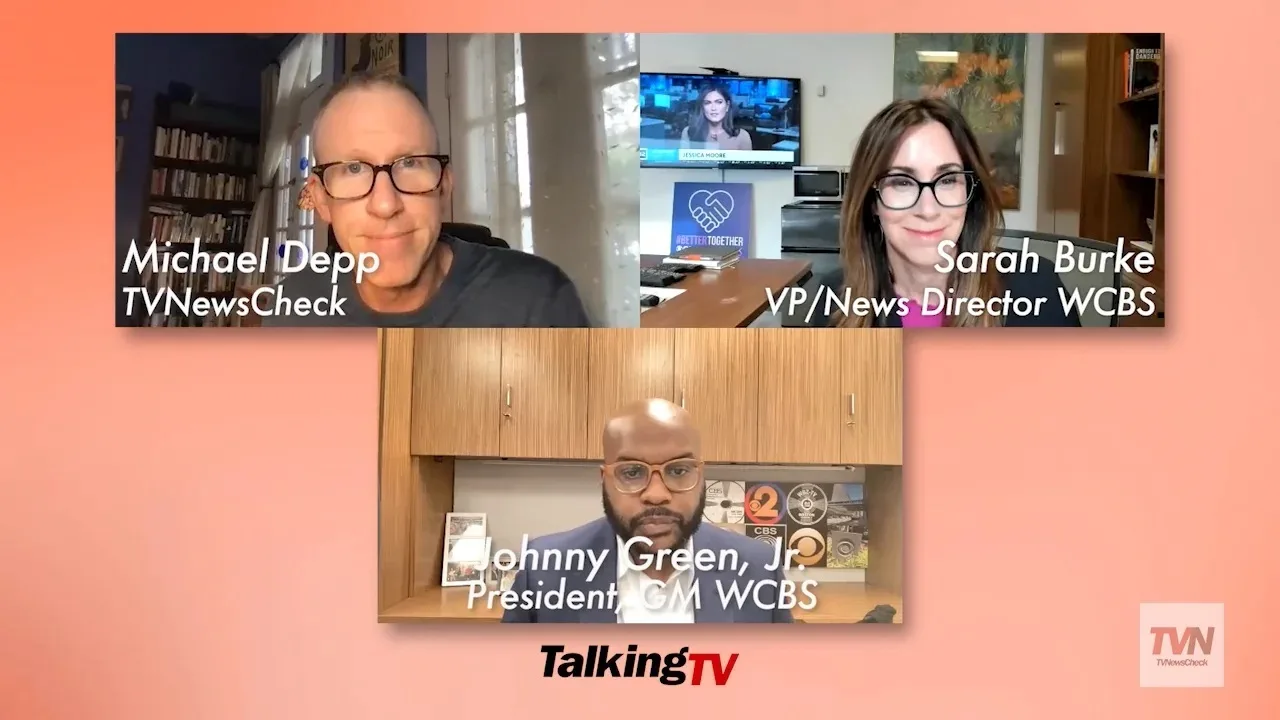
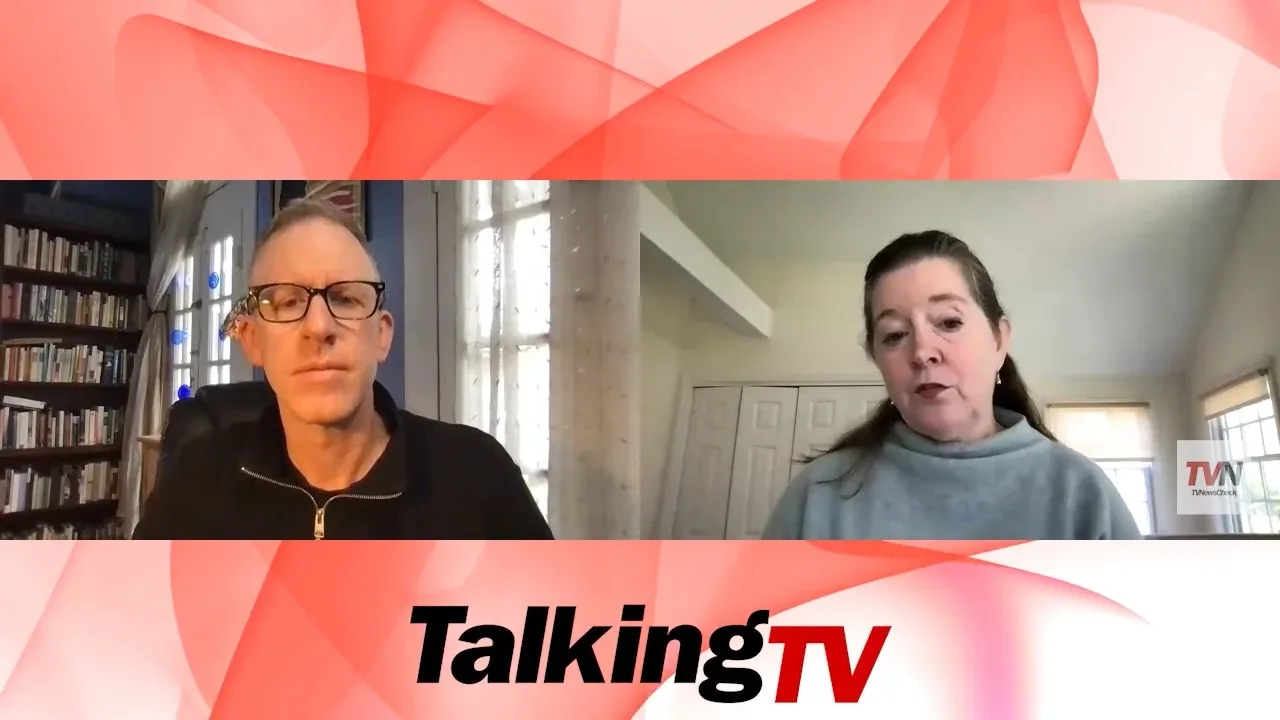

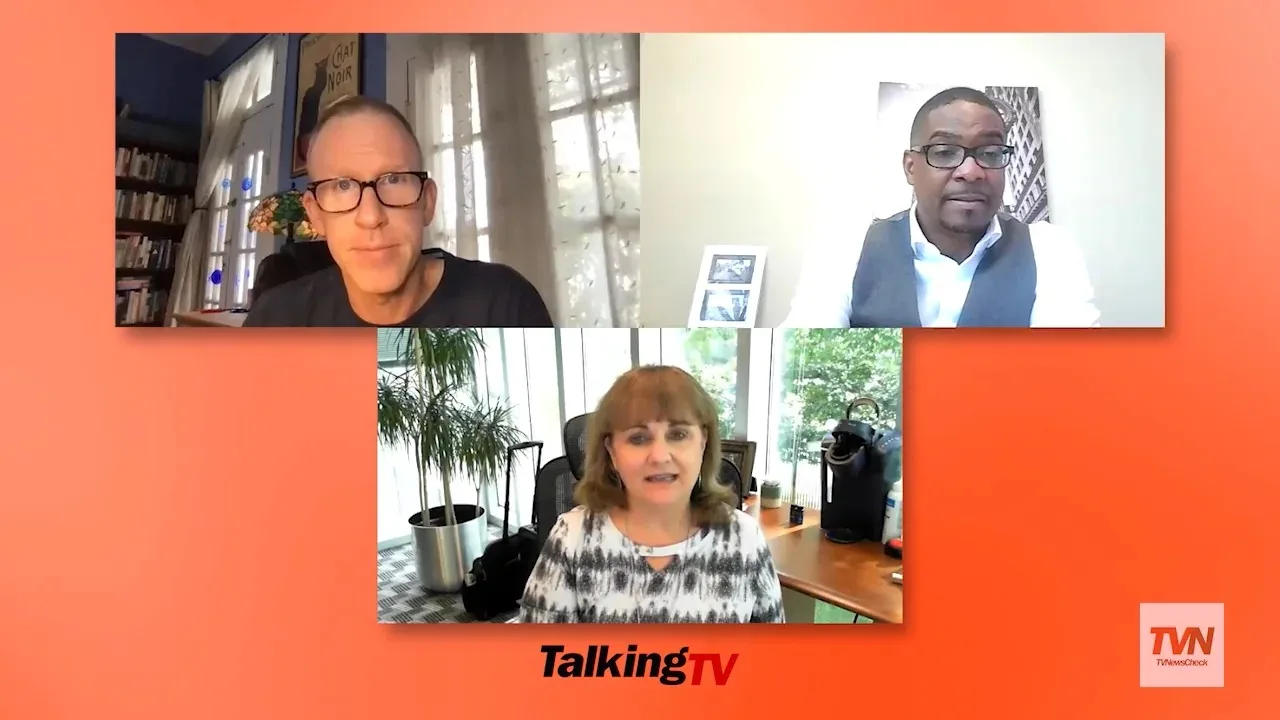
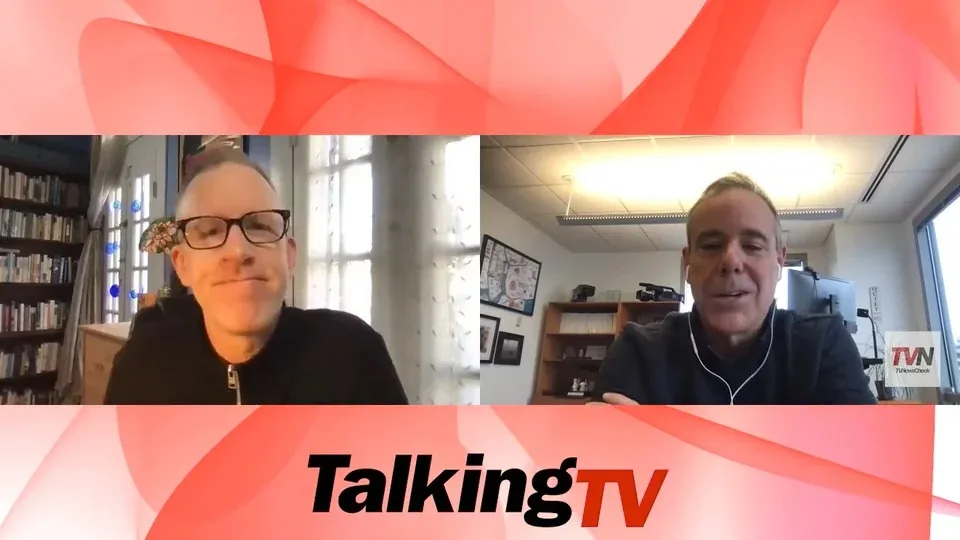

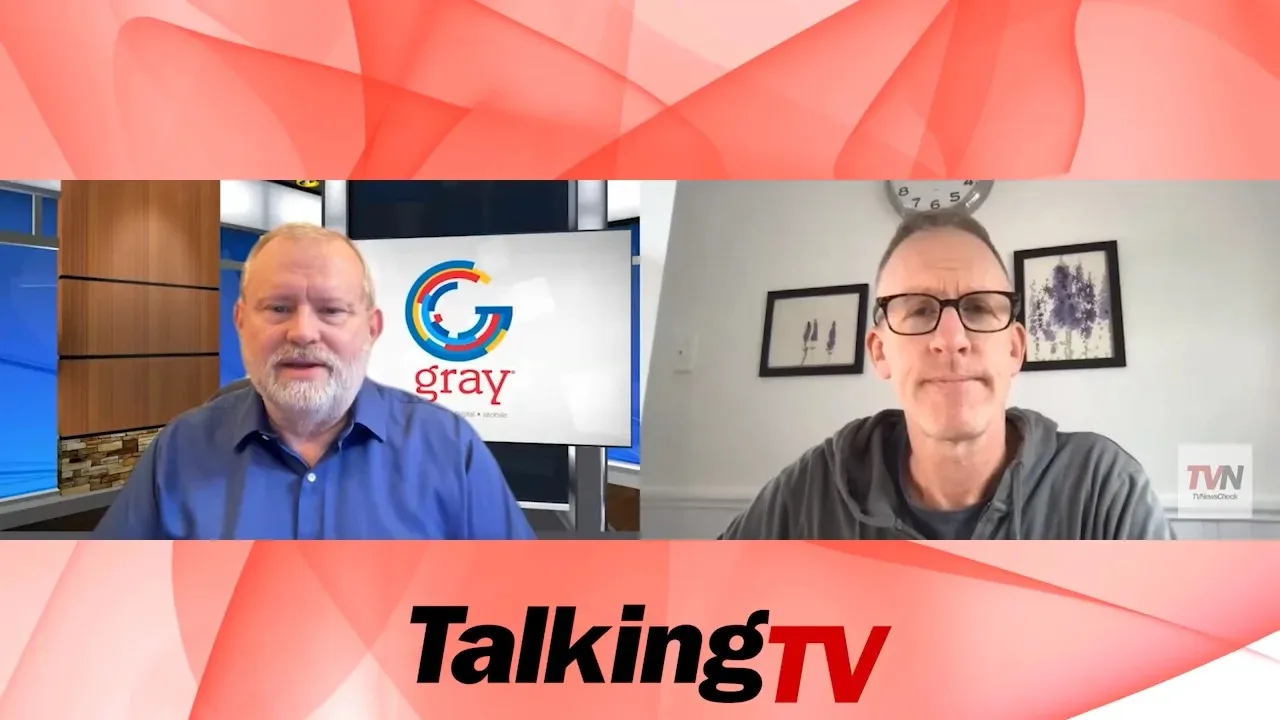
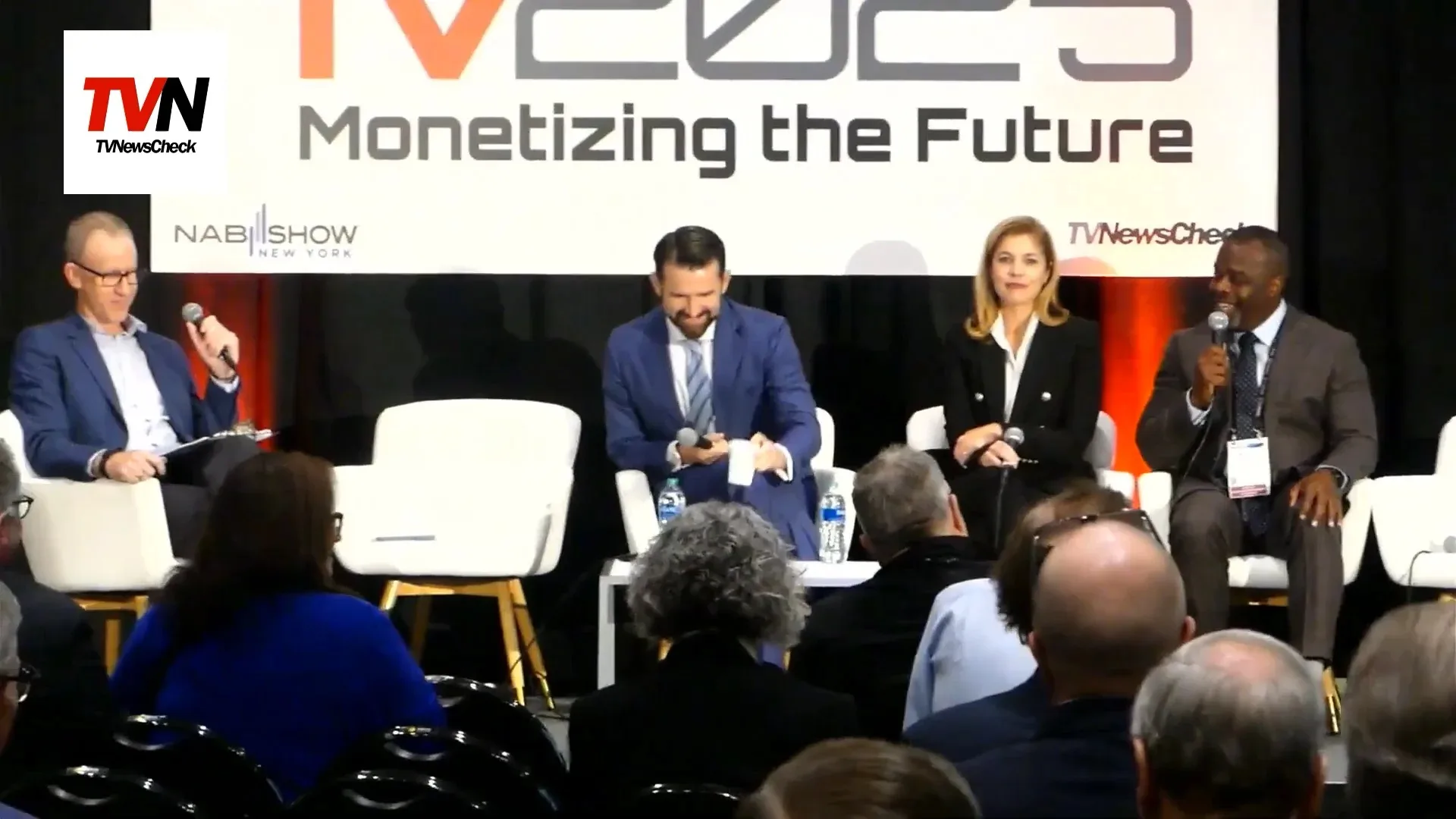
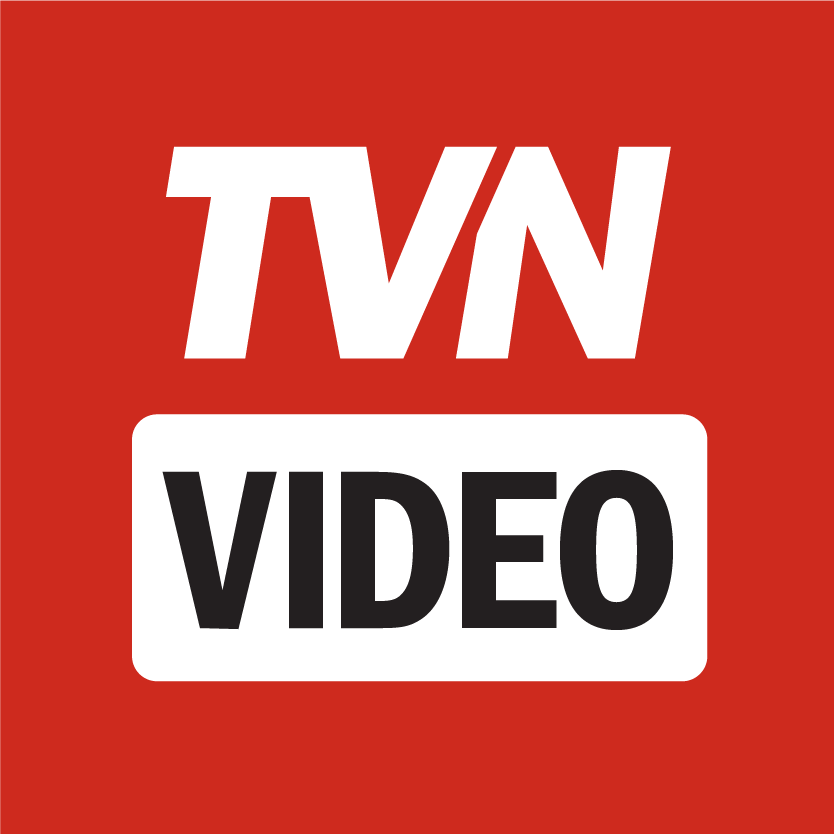




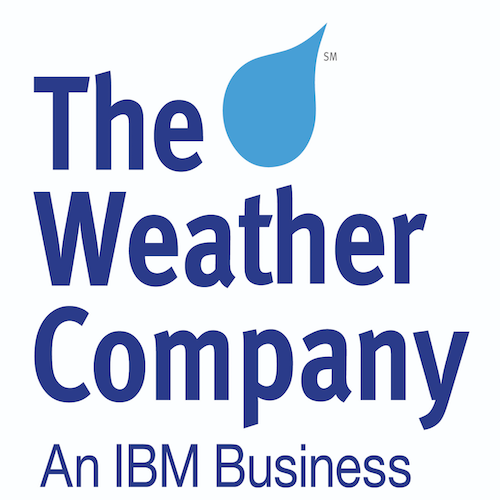

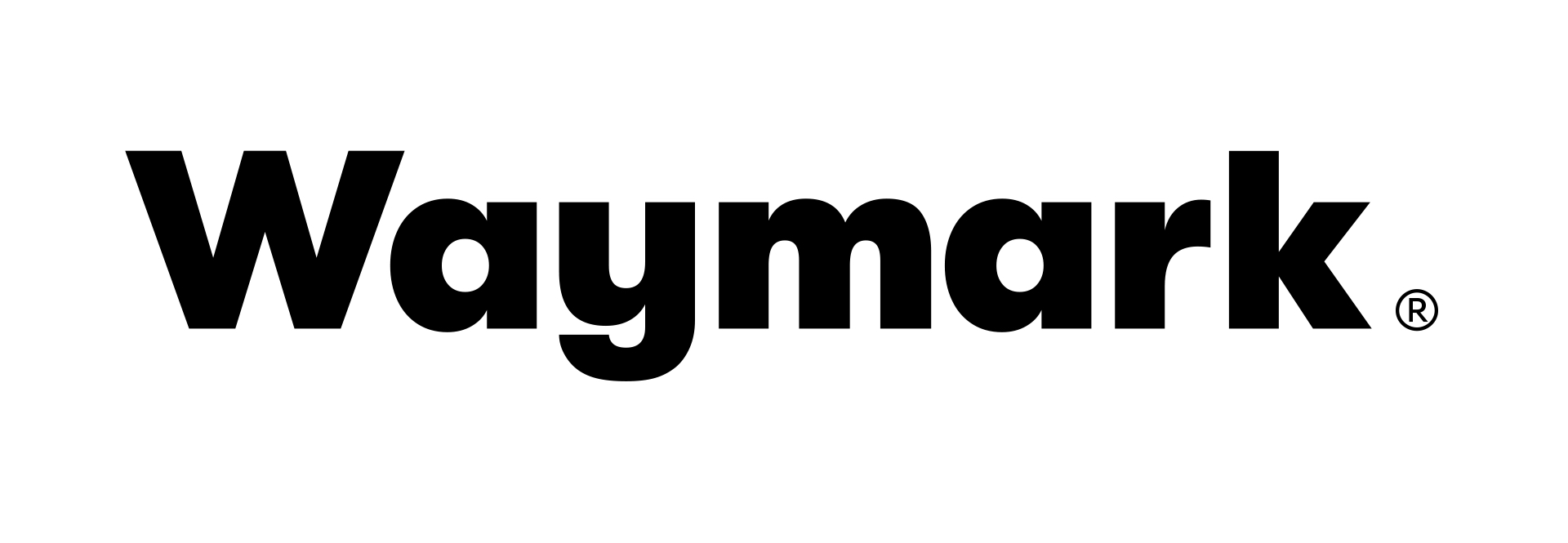




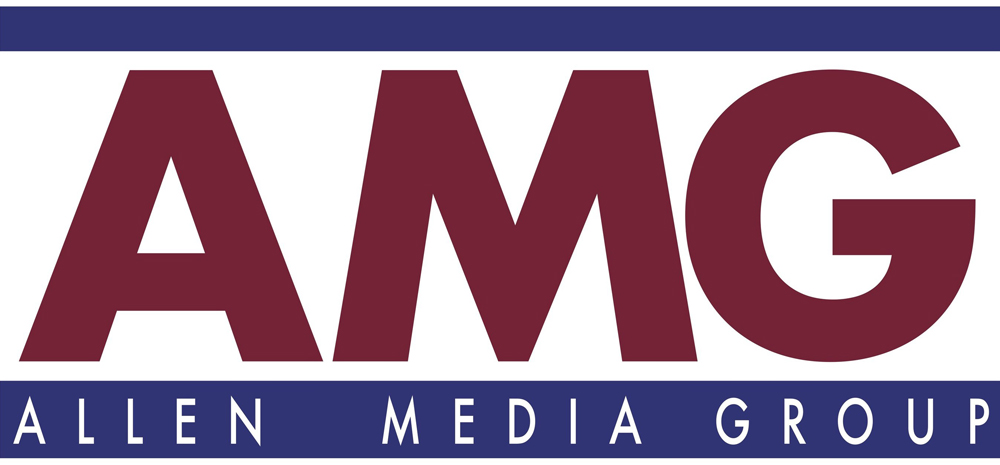



Comments (1)
AIMTV says:
August 26, 2023 at 12:12 am
It’s so good to see visionary and innovative work rewarded and spotlighted. What Scripps has done with Bounce showcases the potential of broadcast TV diginets that get beyond the library product by identifying an underserved audience and creating content to serve that audience. Will other broacast diginets follow suit or continue to go for the easy, short-term money?